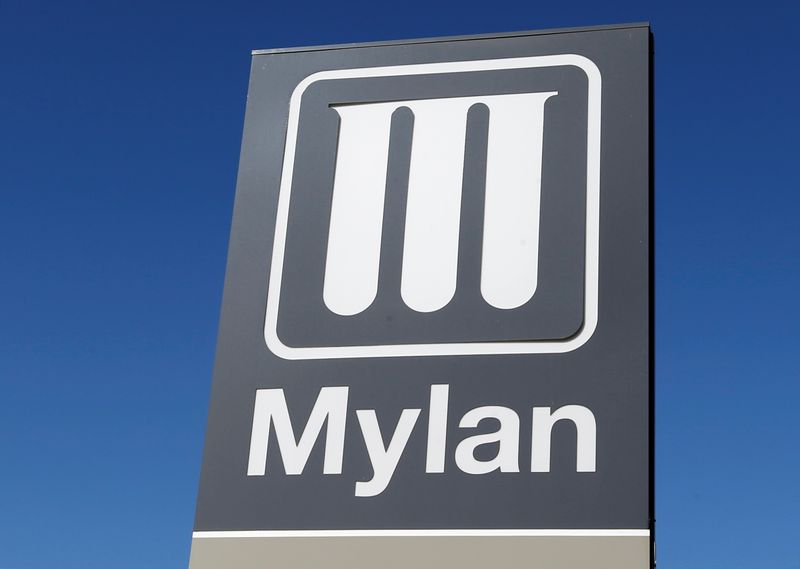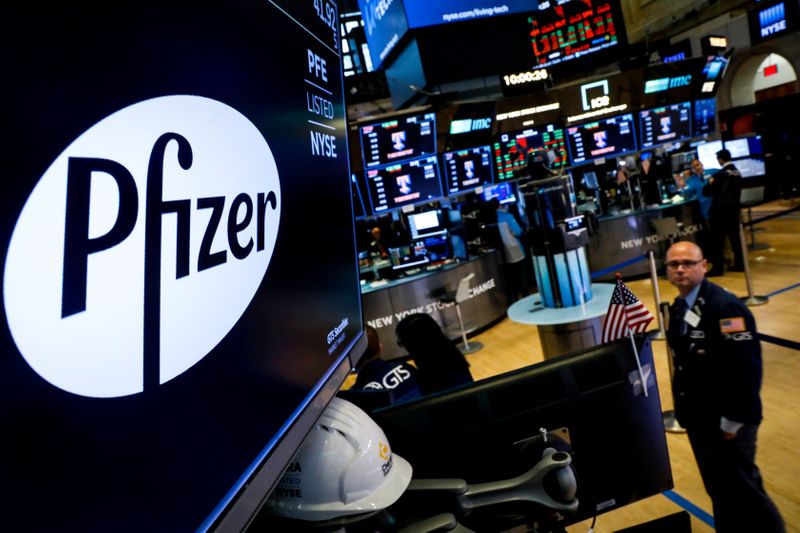By Diane Bartz and Jonathan Stempel
(Reuters) - Twenty-six drug manufacturers were sued on Wednesday by the attorneys general of most U.S. states and several territories, which accused them of conspiring to reduce competition and drive up generic drug prices.
The lawsuit accused Novartis' Sandoz unit, Teva Pharmaceuticals' Actavis (NYSE:AGN) unit, Mylan (NASDAQ:MYL), Pfizer Inc (NYSE:PFE) and other drugmakers of conspiring to rig the market between 2009 and 2016 for more than 80 drugs.
Attorneys general from 46 states, the District of Columbia and four U.S. territories said the defendants prioritized profit over the public interest, depriving millions of consumers of lower prices for needed medication.
Ten executives, including many sales and marketing directors, are also defendants in the 543-page complaint filed in a federal court in Connecticut.
Novartis spokesman Eric Althoff said the instances of misconduct related to its $195 million settlement with the U.S. Department of Justice in March "do not support the vast, systemic conspiracy the states allege."
The settlement resolved allegations Novartis fixed generic drug prices between 2013 and 2015.
Pfizer spokeswoman Sally Beatty said the drugmaker did not believe it engaged in unlawful conduct. Mylan spokeswoman Lauren Kashtan said her company had found no evidence of price fixing. Teva did not immediately respond to requests for comment.
The lawsuit follows similar cases over generic drug prices brought in 2016 and 2019, and which remain pending.
Brand names of some of the drugs at issue include glaucoma drug Xalatan, acne drug Differin, anti-seizure medicine Dilantin, anti-fungal medicine Lotrimin AF Cream, and Ritalin for attention deficit disorder.

"Through phone calls, text messages, emails, corporate conventions, and cozy dinner parties, generic pharmaceutical executives were in constant communication, colluding to fix prices and restrain competition," Connecticut Attorney General William Tong said. "They took steps to evade accountability."
